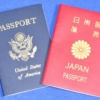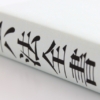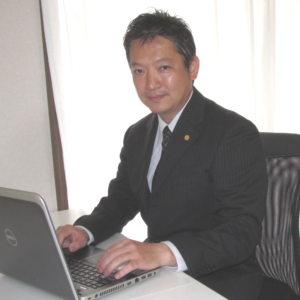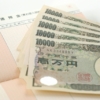Just Paying Resident Tax Is Not Enough for a Permanent Residency Application!
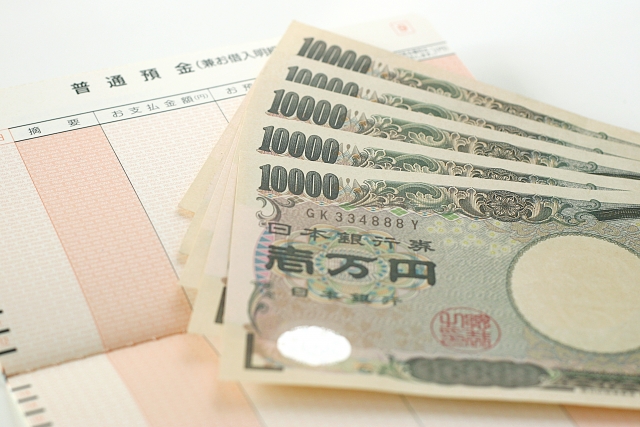
Recently, when applying for permanent residency, the Immigration Bureau has started requiring not only that resident tax be paid in full, but also that it be paid by the designated deadlines.
Handling of Resident Tax in Permanent Residency Applications
When applying for permanent residency, you must submit documents such as the Resident Tax Certificate (kazei shomeisho) and the Tax Payment Certificate (nozei shomeisho).
If the applicant holds a work visa or long-term resident status, documents for the past five years are required. For spouses of Japanese nationals or permanent residents, three years’ worth are needed. For children of Japanese nationals or permanent residents applying, the parent’s certificates for the past year must be submitted.
In the past, as long as all resident tax had been paid, there was no issue with permanent residency applications.
However, recently, it has become necessary not only to pay all the required tax amounts for the applicable years, but to ensure that all payments were made by the due dates.
In particular, those who pay via “ordinary collection" (futsuu choushuu), where payment slips are sent directly to the applicant by the local government, are required to submit copies of those slips. Since very few people keep five years’ worth of tax payment slips, this requirement is quite strict.
About “Ordinary Collection” and “Special Collection” of Resident Tax
In general, if you are employed by a company, your resident tax is deducted directly from your salary and paid on your behalf by your employer. This is called “special collection” (tokubetsu choushuu). Employers also deduct and pay income tax, health insurance premiums, and the employee portion of pension contributions.
If your employer does not handle this for you, you will receive tax payment slips from your local city or town office, and you must pay the resident tax yourself using those slips. This is called “ordinary collection” (futsuu choushuu).
When resident tax is paid through ordinary collection, the Immigration Bureau usually requests copies of the payment slips.
Depending on the municipality, whether the applicant is using “special collection” or “ordinary collection” is often indicated on the Resident Tax Payment Certificate.
Permanent Residency Applications Are Becoming More Strict
In 2024, the Immigration Control Act was revised, and even a person with permanent residency can now have their status revoked for reasons such as deliberately failing to pay taxes. Along with this change, the conditions for applying for permanent residency have also become stricter.
In particular, regarding taxes, health insurance, and pension payments, it is now not enough to have paid all dues for the required period—they must have been paid on time.
Anyone preparing to apply for permanent residency should make sure to prepare very carefully.





